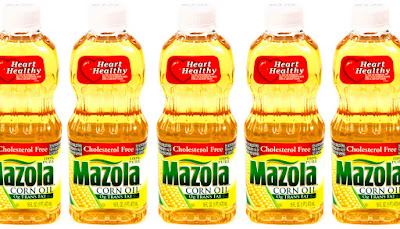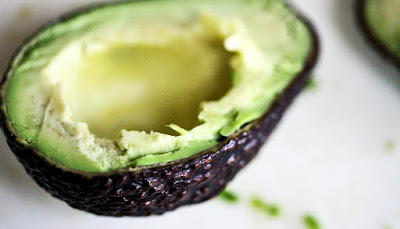CAN LONG-LOST DATA PUT ‘HEART-HEALTHY’ OILS TO REST?
There is currently more proof that casts doubt on the traditional "heart-healthy" practice of changing butter and various other filled fats with corn oil and various other veggie oils high in linoleic acid.
The searchings for, reported in the British Clinical Journal, recommend that using veggie oils high in linoleic acid may be even worse compared to using butter when it comes to preventing cardiovascular disease, however more research needs to be done on that particular front.
This newest proof originates from an evaluation of formerly unpublished information of a large controlled test conducted in Minnesota nearly half a century back, as well as a wider evaluation of released information from all comparable tests of this nutritional treatment.
pengertian dan mekanisme kerja menang slot
The analyses show that treatments using linoleic acid–rich oils cannot decrease cardiovascular disease and overall death although the treatment decreased cholesterol degrees. In the Minnesota study, individuals that had greater decrease in lotion cholesterol had greater instead compared to lower risk of fatality.
"Entirely, this research leads us in conclusion that insufficient magazine of important information has added to the overestimation of benefits—and the underestimation of potential risks—of changing hydrogenated fat with veggie oils abundant in linoleic acid," says co-first writer Sissy Zamora, a scientist in the psychiatry division at the UNC Institution of Medication.
Together with corn oil, linoleic acid-rich oils consist of safflower oil, soybean oil, sunflower oil, and cottonseed oil.
The idea that changing filled fats with veggie oils improves heart health and wellness days back to the 1960s, when studies started to show that this nutritional switch lowered blood cholesterol degrees. Ever since, some studies, consisting of epidemiological and pet studies, have recommended that this treatment also decreases heart attack risk and related death.
In 2009, the American Heart Organization reaffirmed its view that a diet reduced in hydrogenated fat and reasonably high (5-10 percent of everyday calories) quantities of linoleic acid and various other omega-6 unsaturated fatty acids probably benefits the heart.
However, randomized controlled trials—considered the gold standard for clinical research—have never ever revealed that linoleic acid–based nutritional treatments decrease the risk of cardiac arrest or fatalities.
The biggest of these tests, the Minnesota Coronary Experiment (MCE), occurred at the College of Minnesota in between 1968 and 1973. It registered 9,423 clients in 6 specify psychological medical facilities and one state-run taking care of home. Its outcomes didn't show up in a clinical journal until 1989.
The detectives reported after that that a button to corn oil from butter and various other filled fats did lower cholesterol degrees but made no distinction in regards to cardiac arrest, fatalities because of cardiac arrest, or overall fatalities.



